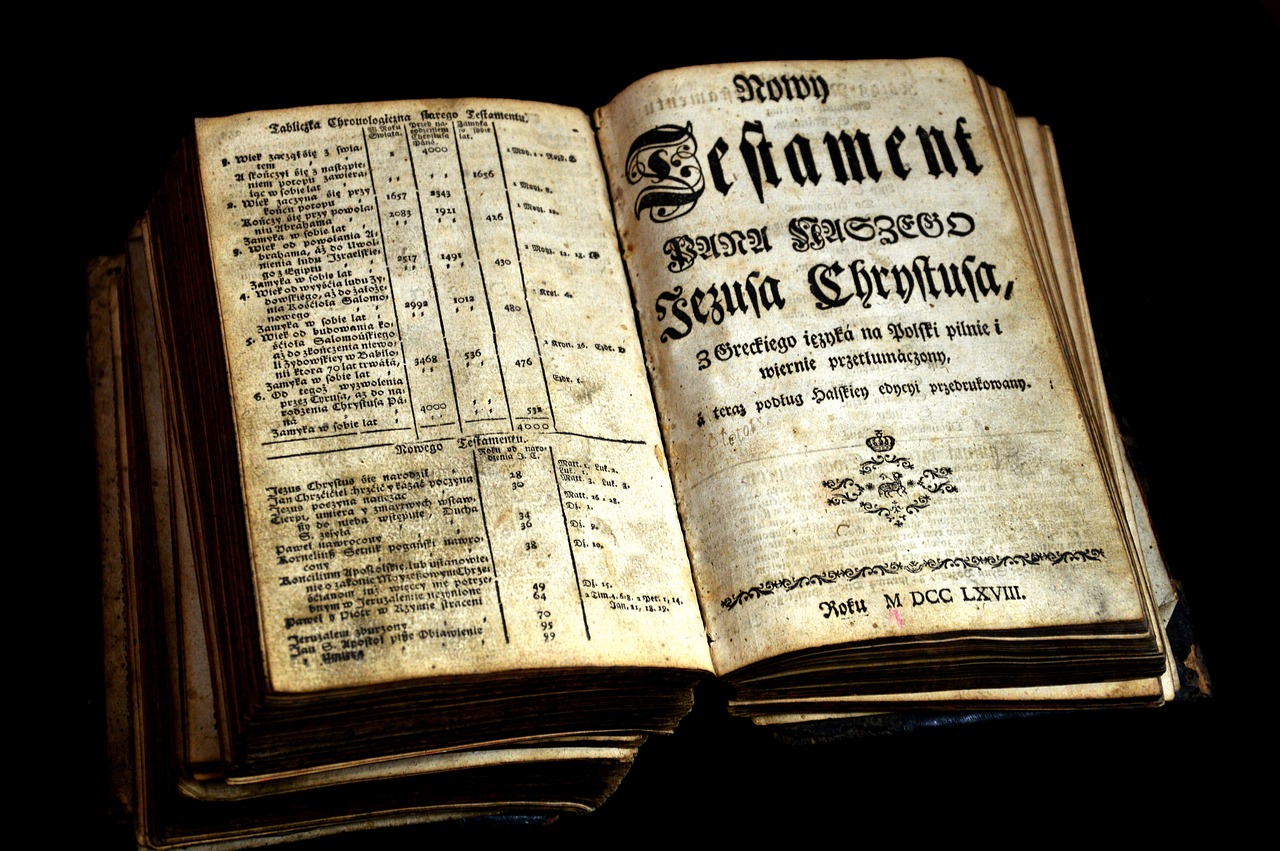What is a PLC Controller?
A PLC (Programmable Logic Controller) controller is a digital computer used for automation and control of industrial processes. It is a crucial component of industrial automation, providing efficient and reliable control of machines and processes. PLC controllers can be programmed to perform a variety of tasks, from simple on/off control to complex process control applications. They can also be interconnected to form large-scale control systems. PLC controllers are widely used in various industries, including manufacturing, processing, energy, and transportation.
A PLC (Programmable Logic Controller) controller is a digital computer that has been programmed to automate and control industrial processes. It is a type of industrial automation device that can be programmed to perform a wide range of tasks, from simple on/off control to complex process automation. PLC controllers are widely used in various industries, such as manufacturing, processing, and packaging, to enhance productivity and efficiency.
PLC controllers have been designed to operate in harsh industrial environments, where they are subject to high temperatures, dust, and other adverse conditions. They are typically built to withstand these conditions, providing high reliability and durability. The average lifespan of a PLC controller is around 15 years, with some models lasting even longer.

These controllers have been equipped with various features to ensure efficient and reliable performance. They have a high level of modularity, which allows them to be easily configured and reconfigured to meet changing industrial requirements. This modularity also facilitates easy expansion and contraction of the system as needed.
In addition to modularity, PLC controllers also have high speed and processing power. This ensures that they can handle complex tasks efficiently, providing fast and accurate results. The processing power of these controllers has been continuously increasing with advancements in technology, making them even more capable and efficient.
Another important feature of PLC controllers is their user-friendly interface. This interface provides an intuitive and easy-to-use platform for programming, configuring, and monitoring the controller. It also allows users to access important information about the system, such as its current status, historical data, and troubleshooting guides.
PLC controllers have been designed to work with various industrial protocols and standards, ensuring compatibility with other industrial devices and systems. This compatibility allows for seamless integration of the controller into an existing industrial environment, minimizing the need for extensive modification or adaptation.
Moreover, PLC controllers have strong communication capabilities, enabling them to exchange data with other devices or systems via various communication protocols. This allows for remote monitoring and control of the system, providing flexibility in management and operation. The controllers can also be connected to supervisory software, providing users with a comprehensive view of the entire industrial process.
In conclusion, PLC controllers are digital computers designed to automate and control industrial processes. Their modularity, high speed, user-friendly interface, compatibility with industrial protocols and standards, as well as their communication capabilities make them essential components of modern industrial automation systems. By providing productivity and efficiency enhancement, these controllers have become integral to the success of many industrial operations worldwide.
Articles related to the knowledge points of this article:
PLC Controller Modules: Key Components and Their Role in Modern Automation Systems
Equipment PLC Controller Alarm
PLC Connection Servo Controller Parameters
PLC Controller Developers: A Look at the Companies and Products that Shape the Industry
Red River Huichuan PLC Controller: A Critical Component for Modern Automation Systems